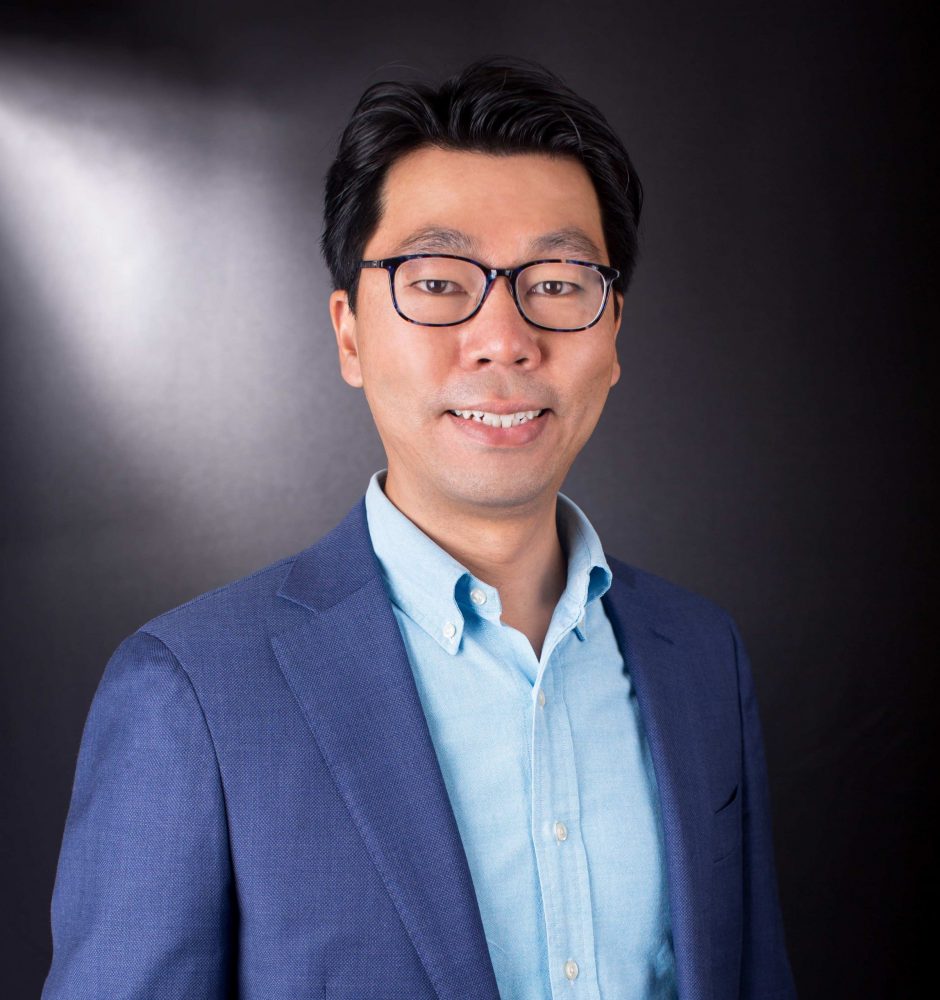無論誰主白宮,中美友好關係都不復返。其中,最令港大教授鄧希煒擔心的,莫過於香港這位「金融中介人」的處境,並呼籲各界把握時機,及早進行經濟轉型。 民主制度無法選出最優秀的人,起碼能夠趕走不合格的人──抱着「特朗普以外任何人」(Anyone but Trump)的美國人,用選票體現了這句經典對白。然而,儘管兩黨鬥得難分難解,美國朝野內外還是達到一大共識──就是「沒有人再敢提中美友好,否則是自殺行為!」港大經濟及工商管理學院經濟學教授鄧希煒向本刊表示。

3917 0029
3917 4388
MB 335/ KK 920
民主制度無法選出最優秀的人,起碼能夠趕走不合格的人──抱着「特朗普以外任何人」(Anyone but Trump)的美國人,用選票體現了這句經典對白。然而,儘管兩黨鬥得難分難解,美國朝野內外還是達到一大共識──就是「沒有人再敢提中美友好,否則是自殺行為!」港大經濟及工商管理學院經濟學教授鄧希煒向本刊表示。
反修例風波迎來《港區國安法》,掀起「香港移民潮」。很多年輕人想離開,而早在香港回歸翌年便負笈美國長達21年、早已成為世界知名學府經濟學者的鄧希煒,卻在去年7月1日正式回流,加盟香港大學成為經濟及工商管理學院教授,並擔任學院轄下中國與全球發展研究所副總監。原本關注國際貿易理論的他,目前專攻香港產業結構轉型。
內地電商巨頭阿里巴巴旗下金融科技獨角獸「螞蟻集團」,月初公開招股(IPO)前夕突然被內地監管部門煞停。坊間認為是集團實際掌權人馬雲言行不慎招惹中央,但實際上,以「科技公司」為名的螞蟻集團,提供的卻是不折不扣的「金融服務」,而前者的監管措施明顯比後者寬鬆,即螞蟻在一定程度上吃了「監管紅利」。近年創科產業興起,類似企業火速湧現,內地當局之所以罕有叫停,明顯是為了完善金融科技的監管制度、避免市值泡沫橫飛,同時保障數以千萬計的投資者權益。揚言推動香港由傳統金融中心轉型成為金融科技中的的特首林鄭月娥,在明日(11月25日)公佈的《施政報告》當中,理應好好吸取「螞蟻觸礁」的教訓,認真思考如何在為金融科技市場鬆綁的同時,積極制訂創新監管制度。
中美貿易戰下香港經濟受到一定影響,香港大學經濟及工商管理學院(經濟學)教授鄧希煒認為,香港經濟不能太依賴金融業,應重新考慮發展再工業化。一起聽聽鄧教授分析。
美國總統大選點票進入尾聲,無論誰主白宮都對全球影響深遠。當看似「反中」的共和黨特朗普遇上被指「親中」的民主黨拜登,沒有選票的「外人」會選舉誰?BBC日前報道,在包括香港在內多個東南亞地區,不少人視中國為「敵人」,所以傾向支持特朗普,希望他可打擊中國以保當地利益。不過,其實兩人對華政策相當接近,可能都沒把香港福祉放在眼內。
美國大選臨近,世界政經格局面臨再洗牌,美國國內經濟政策何去何從,其改變又會怎樣影響香港經濟的發展?
美國總統大選進入最後階段,本港時間下周三(4日),各個州份會陸續出現初部結果,究竟會否如大眾所料由民主黨總統候選人拜登入主白宮?或是由特朗普繼續連任?
美國總統大選進入最後階段,本港時間下周三(4日),各個州份會陸續出現初部結果,究竟會否如大眾所料由民主黨總統候選人拜登入主白宮?或是由特朗普繼續連任?





